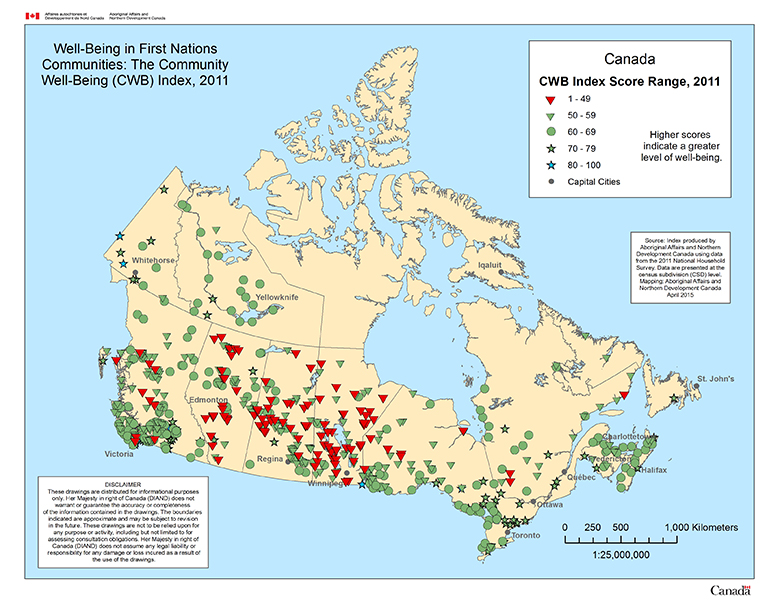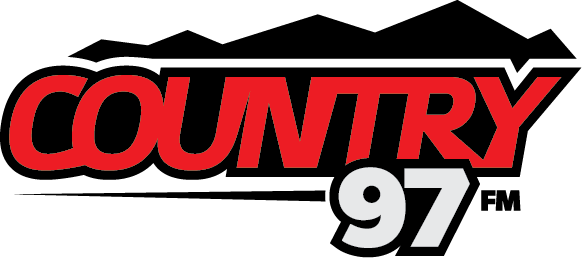The Fraser Institute is out with a new study on the standard of living for First Nations communities in Canada.
Under the federal government’s Community Well-Being Index, a significant gap remains between First Nations and Canadian municipalities when looking at income, housing and education metrics.
Fraser Institute Researcher Tom Flanagan, says many of the issues facing reserves begin with the Indian Act, which can be a bureaucratic nightmare to build a community under.
“A normal Canadian community has a type of self government, it also has functioning systems of private property and law – whereas your average First Nation is under the control of the department who affairs fall under the Indian Act, there is much less room for local initiative.”
The Lheidli T’enneh First Nation is currently on the verge of entering a model of self governance, with a treaty ratification vote planned for this year.

Other advantages for First Nations communities include being situated near another municipality, stable leadership and the ability to leverage their lands for economic activity.
However the report is quick to point out that revenue is far from the most important factor for an indigenous community. For example, many Alberta First Nations collect significant revenue from the production of oil and gas but still struggle on the Community Well-Being Index.
The exception is the Fort McKay First Nation, which has specialized in providing services to oil sands installations, thus creating jobs for its members. It is the only Alberta First Nation ranked in the nation’s top 21.
Here in BC, Flanagan points to a similar example with Chief Clarence Louie of the Osoyoos Indian Band.
“Early on, there was kind of a dividing point where some of the businesses started to bring in some revenue, and member of the band wanted it to be distributed – and he and his supporters said ‘no, we are going to re invest this’”
“The best welfare program is a job” stated Flanagan.
Flanagan cautions that this study is not meant to provide the answers for every aboriginal community. The report notes that Community Well-Being Index doesn’t take things like culture and healthcare into account.
“The key is now for First Nations to learn from each other. To study the experience of those that are succeeding more rapidly – and say, ‘well how can we do something similar in our community’”
Something going on in the Prince George area you think people should know about?
Send us a news tip by emailing [email protected].







